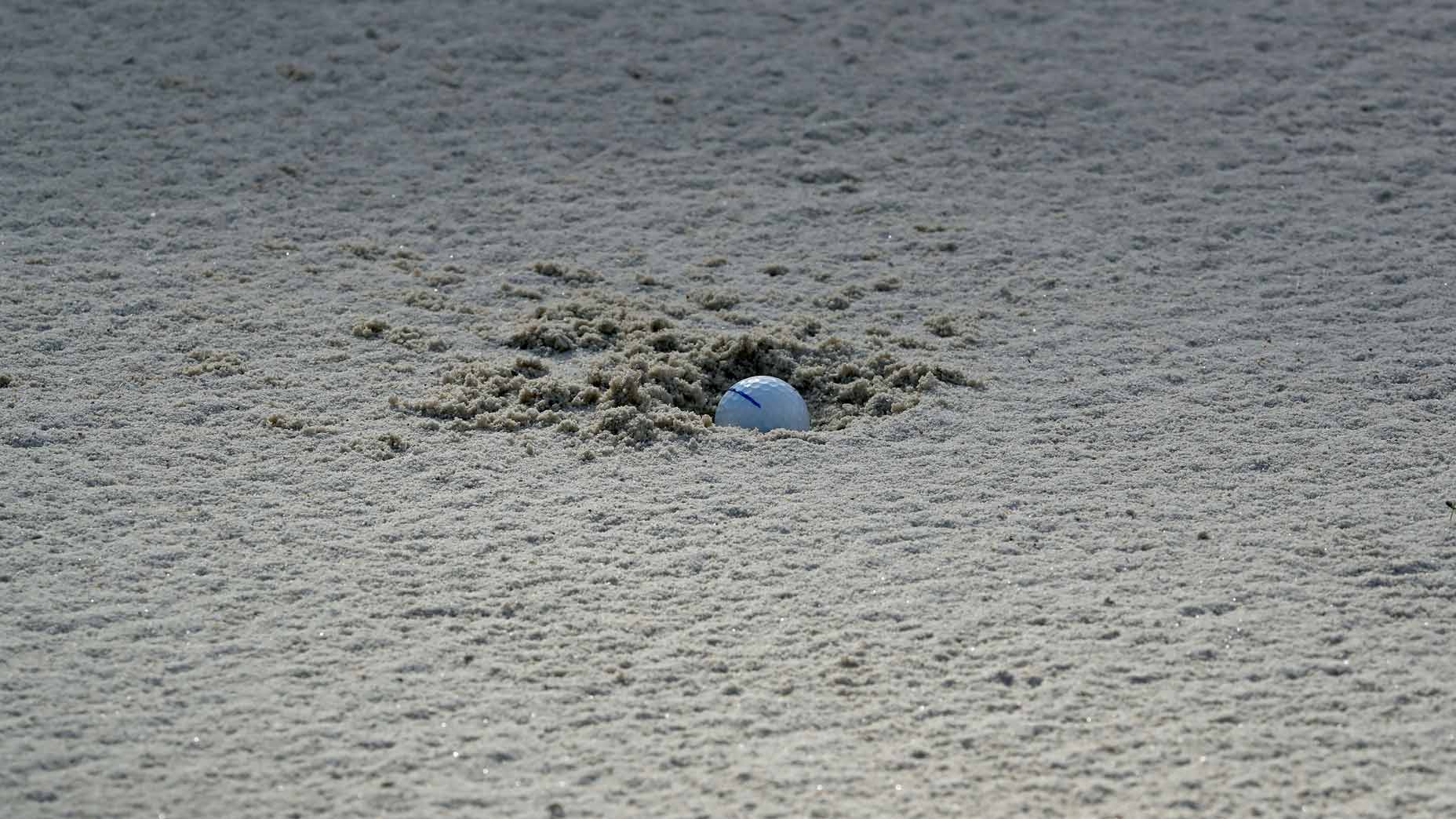In South Korea’s capital city you can barely walk a block without running into a neon-lit driving range or a jam-packed simulator joint. Golf etiquette, too, is unlike what you’ll experience in the U.S. Below are eight big differences.
The Etiquetteist: South Korea Edition
No. 1: At the country’s high-end golf courses, caddies are de rigueur and, generally, female. Four bags are strapped along the back of a large cart, which carries all four golfers and typically stays on the cart path. Your caddie runs back and forth to retrieve whatever clubs you and your playing partners need.
No. 2: In most cases, it’s mandatory to book a foursome, and if you can only muster three players, you still pay for four.
No. 3: Caddies are often quite animated, and they genuinely cheer you on. They celebrate birdies, sometimes by placing a gold star on your scorecard, sometimes by attaching small, inexpensive charms — a butterfly, maybe, or a heart — to your driver headcover.
No. 4: Wagering is standard — sometimes only for caddie fees, but not many matches are played for pride or score alone.
No. 5: Between nines, there’s a customary 20- to 30-minute break for a light sit-down lunch and (usually) a beer. It’s not the prolonged mid-round meal you find in Japan, but it’s not a quick turn either.
The Golf Fix(ation): Inside South Korea’s obsessive love of the gameBy: Josh Sens
No. 6: Jumping ahead of a group is pretty much forbidden, even if they lag at the turn.
No. 7: At one ultra-high-end course, eagles are commemorated with a personalized certificate, which is presented mere minutes after putting out on 18.
No. 8: While birdies and eagles are justly celebrated, holes in one will cost you. More than post-round drinks are on the line; elaborate meals and perhaps even a night on the town are as well.











